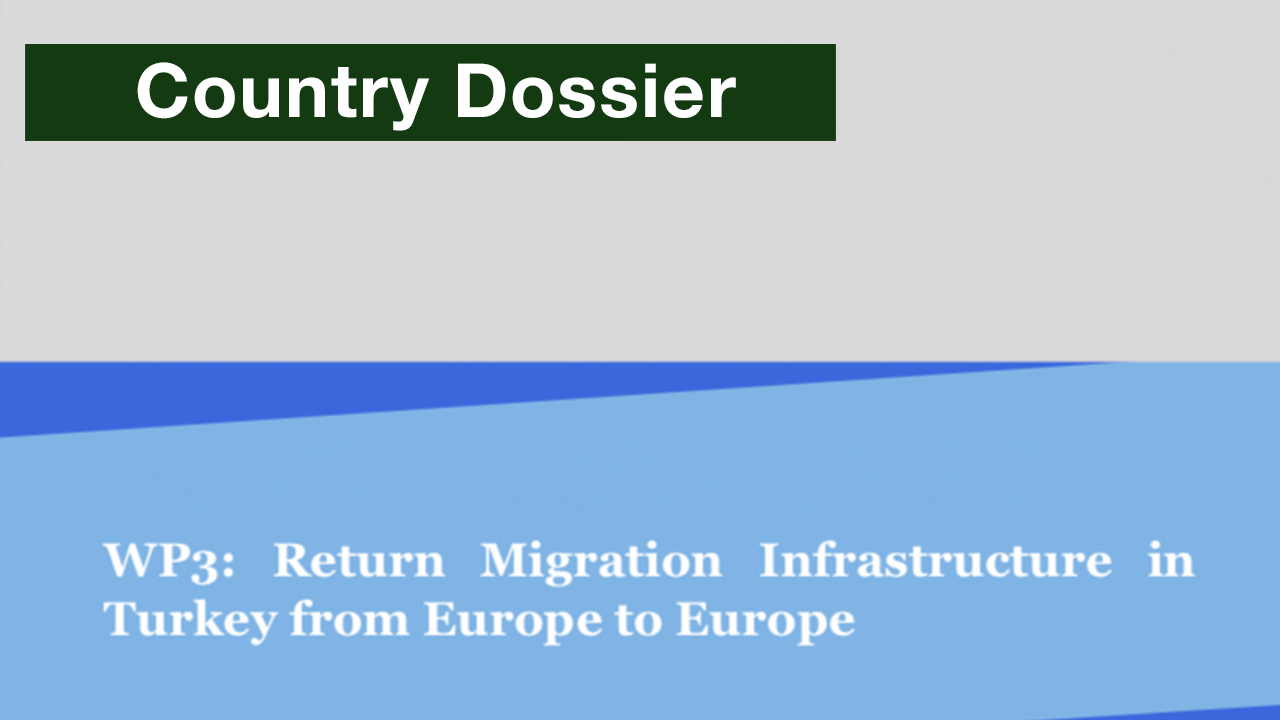This synthesis report is part of Work Package 3 of the GAPs ‘De-centring the Study of Migrant Returns and Readmission Policies in Europe and Beyond’ project. The report focuses on the concept of ‘Return Migration Infrastructures (RMIs)’, aiming to thoroughly study how return migration governance is put into practice at the everyday implementation level…
Read MoreTunisia, due to its geographic proximity to Europe and historical emigration trends, serves as a strategic case study to examine the Return Migration Infrastructures (RMI). The Tunisia RMIs include a wide range of institutions, actors, emerging technologies, and ad hoc procedures that govern and facilitate the return of Tunisian nationals abroad—both voluntary and coerced.
Read MoreIn recent years, return migration has become a crucial aspect of European migration policies. Located along the two main routes for irregular migration to Europe, Morocco has served – since the end of the last century - as a transit hub for migrants travelling via the Western Mediterranean route, connecting Morocco with the Spanish…
Read MoreThis country dossier/report examines Turkey’s return migration infrastructure (RMI), with a particular focus on pushforward strategies and readmissions under the EU-Turkey Statement (EUTRS, 2016). It specifically investigates return movements from Europe to Europe, analysing how Turkish authorities manage migrant mobility through…
Read MoreThis Poland-Georgia country dossier is part of Work Package 3 (WP3) of the GAPs project. This work package aims to study how return migration governance is put into practice through the concept of ‘Return Migration Infrastructures’. In this report we present three types of returns—assisted voluntary returns, forced removals, and pushbacks…
Read MoreThis Country Dossier on Sweden presents an overview of the assisted and forced return migration infrastructures (RMIs) in Sweden, focusing on detention infrastructures as a case study. It examines how return migration governance is put into practice through the theoretical lenses of RMIs, which refers to the actions (doings) and interactions (relations) of actors, and the formal and informal methods, strategies, materialities—such as places, geography, and objects—as well as technologies that they deploy in the implementation of these policies.
Read More





